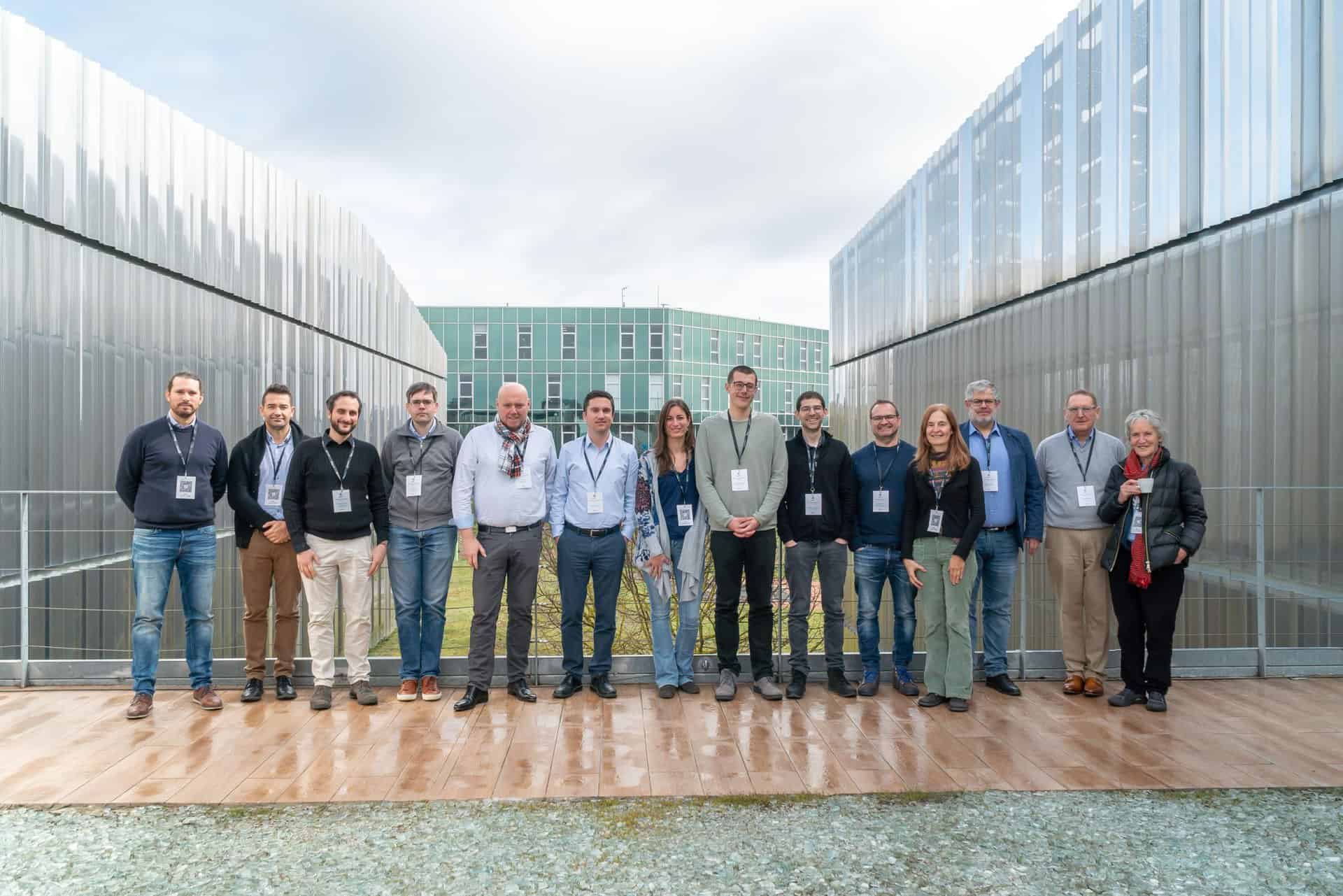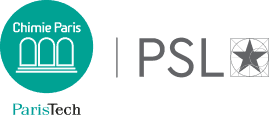WASTE2H2 will afford to transform plastic waste into clean hydrogen

The European WASTE2H2 project, funded by the European Commission’s EIC-Pathfinder-Open program, will contribute to face the environmental problems generated by plastic waste through a smart approach that will allow its valorization into clean hydrogen and carbon materials with zero net emissions.
The kick-off meeting of WASTE2H2 was held at the headquarters of CIC energiGUNE, the Basque research center leading the project, with the participation of the whole consortium, including the Friedrich-Alexander University of Erlangen-Nürenberg (FAU) and the Ecole Nationale Supérieure de Chimie de Paris-PSL (i-CLeHS), as well as the companies IoLiTec and SENER Ingeniería y Sistemas, together with Sener Mobility as an affiliated entity.
The European project WASTE2H2, driven by five relevant entities from 3 three EU countries (Spain, France and Germany), has been officially launched today in Vitoria-Gasteiz (Basque Country – Spain) with the ambitious objective of developing an innovative method for the valorization of plastic waste into clean hydrogen and high added value carbon materials with zero net emissions. The kick-off meeting of the consortium, which has a budget of circa 3 million euros, took place at the headquarters of the Basque research center CIC energiGUNE. WASTE2H2 is funded through the European Commission’s 2023 EIC-Pathfinder-Open call, through which 53 projects – out of more than 780 proposals submitted – have received funding. The WASTE2H2 project was ranked 19th in the main funding list, which shows its projection and impact expectations.
WASTE2H2’s project aims to develop a disruptive technology that combines innovative catalytic systems based on ionic liquids with microwave irradiation. This technology could be a cornerstone for the selective generation of clean, high-purity hydrogen as well as valuable decarbonized chemicals – carbon materials such as e.g. activated carbon or carbon nanotubes – using plastic waste as feedstock.
In this sense, WASTE2H2 foresees significant advances compared to current alternatives in plastic waste chemical recycling and clean hydrogen generation. WASTE2H2 is a one-step technology (powered by renewable electricity) for the catalytic deconstruction of plastic waste that aspires to a rapid generation of highly pure hydrogen; the co-production of a carbon material as a unique co-product with easy recovery for its commercialization; a significant reduction in energy consumption due to microwaves; and to the potential cost reduction in the generation of clean hydrogen due to the commercialization of the valorizable co-produced carbon material.
As has been pointed out at the kick-off meeting, around 300 million tons of plastic waste are generated worldwide every year and only a small percentage – less than 9% according to the United Nations Environment Program – is being recycled, 12% is incinerated and the remaining 79% generates major pollution problems. Consequently, WASTE2H2 technology will be tool of enormous potential to contribute to an effective and lasting solution to the concern caused by plastic waste.
In fact, it was mentioned at the meeting that there are already different ways for plastic waste valorization. Among them, the chemical recycling, such as pyrolysis or gasification, is of high interest because is possible to obtain raw materials and/or energy for industry. Nevertheless, most of these solutions are not very selective, not economically viable or difficult to implement in the industry. In this context, WASTE2H2 project, where innovative catalytic systems are combined with microwave irradiation, has the potential to produce in a relatively simple way (one-step) and with high selectivity, clean hydrogen at low cost and a carbon material as a sole coproduct with multiple potential applications.
